5 Shows To Watch If You Miss Those Early Game of Thrones Feelings

For several years, HBO’s Game of Thrones commanded the cultural conversation by operating as prestige television disguised as genre fantasy. Its early seasons thrived on a foundation of dense political intrigue, where the power struggles felt like a grounded historical drama. As a result, Westeros was a world defined by its moral ambiguity and a palpable sense of danger, in which the intricate courtly games played by houses like the Starks and Lannisters were just as lethal as any battlefield. Furthermore, Game of Thrones cultivated a unique feeling of rewarding complexity, demanding that its audience pay close attention to the shifting allegiances and hidden motivations that could, at any moment, result in the shocking death of a central character. It was this commitment to unforgiving realism within its fantasy setting that made the world of Westeros feel so vast and consequential.
That carefully constructed tension, however, began to shift as Game of Thrones outpaced its source material. For many viewers, the methodical character-driven plotting gave way to an accelerated pace that prioritized spectacle and narrative convenience. This evolution left a void for fans who missed the specific thrill of those initial seasons, a feeling born from a world where no one was safe and every move had weight. Fortunately, a number of other series have successfully delivered their own versions of that same high-stakes character-focused drama.
1) Shōgun
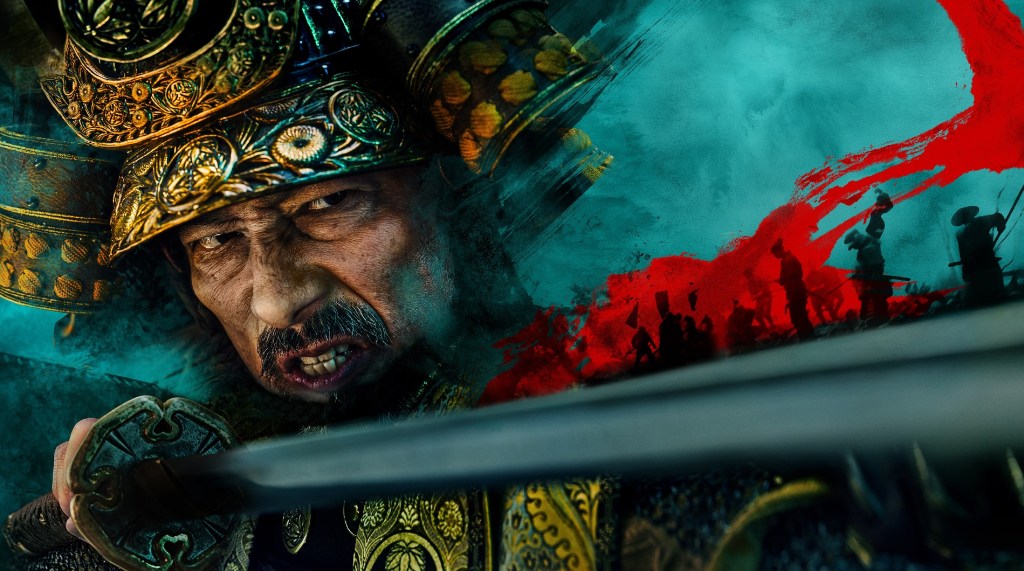
FX’s Shōgun drops viewers into the political landscape of Japan in the year 1600, a nation balanced on the edge of civil war. Within this tense environment, Lord Yoshii Toranaga (Hiroyuki Sanada) finds himself dangerously isolated as his rivals on the Council of Regents conspire to eliminate him. His precarious situation is suddenly altered by the arrival of John Blackthorne (Cosmo Jarvis), an English pilot whose shipwrecked vessel carries secrets that could give Toranaga a crucial advantage. Bridging their two worlds is Toda Mariko (Anna Sawai), a high-born Christian convert whose duty as an interpreter forces her to navigate the deadly currents between her faith, her past, and her lord’s political survival.
What makes Shōgun so compelling is its deep immersion in a world governed by rigid codes of honor, where political survival is a lethal game, as a single misspoken word or breach of etiquette can unravel the best-laid plans. Instead of relying on open combat, the primary conflict of Shōgun unfolds in layered conversations and strategic maneuvering, demanding the viewer’s full attention to appreciate the subtext and shifting allegiances. As a result, Shōgun builds its tension through a palpable sense of cultural stakes, creating a world where every interaction is fraught with potential consequences.
2) Vikings
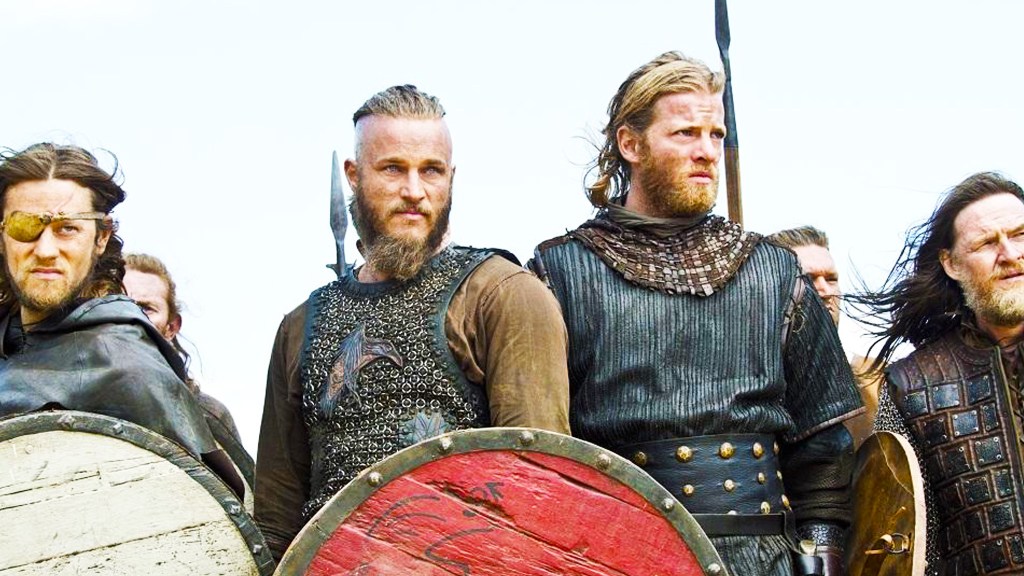
History Channel’s series Vikings begins with the journey of Ragnar Lothbrok (Travis Fimmel), a farmer in 9th-century Scandinavia whose ambition extends far beyond the lands he knows. Unwilling to remain under the thumb of his conservative local earl, Ragnar organizes a secret voyage west, seeking new cultures and riches. This act of defiance sets in motion a chain of events that elevates him to a legendary king, but his rise to power comes at a great personal cost. As a result, his ambition creates deep and lasting conflicts that ripple through his family and warband, ultimately leading to a generational saga of betrayal and civil war.
Vikings evolves from one man’s story into a sprawling epic that examines the brutal realities of the Viking Age, from its visceral shield-wall combat to the complex politics of its nascent kingdoms. It is fundamentally a story about legacy, faith, and the corrupting influence of power, centered on a charismatic but deeply flawed protagonist, just like the best episodes of Game of Thrones. Furthermore, the narrative focuses heavily on the rise and fall of family dynasties and the brutal clashes that erupt when personal ambition collides with tradition. This creates a compelling sense of historical conflict that unfolds over many years and across multiple continents, showing how the desires of a few can shape the course of history.
3) Black Sails
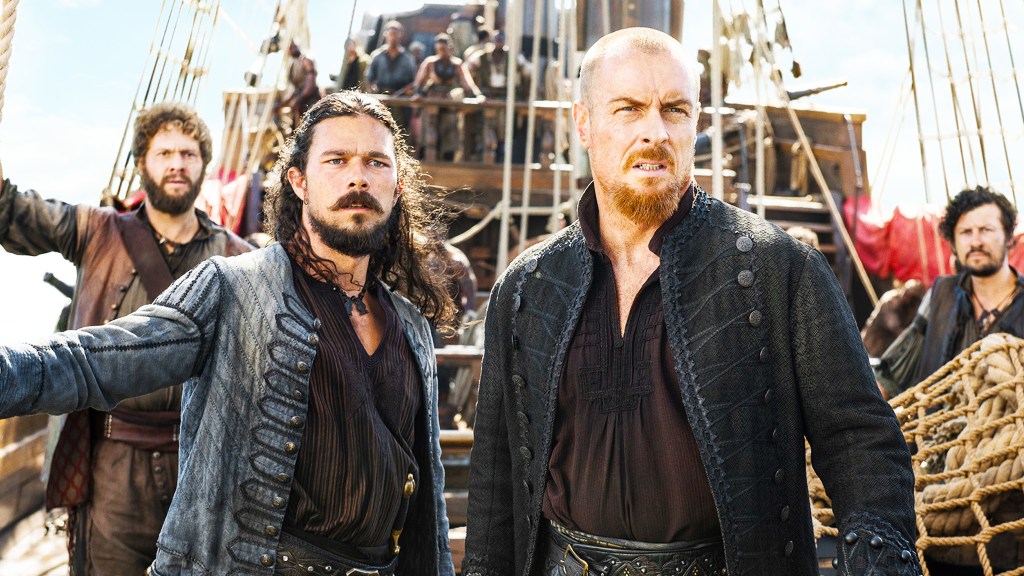
A prequel to Robert Louis Stevenson’s Treasure Island, the Starz series Black Sails is a gritty drama that chronicles the golden age of piracy. The narrative follows the infamous Captain Flint (Toby Stephens), who hunts for a legendary Spanish treasure galleon, the Urca de Lima. To achieve this goal, he must forge a series of uneasy alliances with rival captains, including the feared Charles Vane (Zach McGowan), while a resourceful young John Silver (Luke Arnold) begins his ascent through the ranks. All the while, the British and Spanish empires threaten to extinguish the lawless pirate haven of Nassau, forcing its inhabitants into a desperate fight for survival.
Due to its ambitious premise, the hunt for gold in Black Sails quickly evolves into a sophisticated story of rebellion, political philosophy, and the messy work of state-building. Plus, the show’s depiction of pirate politics, with its backroom deals and shocking betrayals, is as intricate and ruthless as any formal courtly intrigue. Finally, Black Sails is grounded in a lived-in world where survival depends on one’s ability to navigate treacherous and often violent relationships. It captures the feeling of a world on the brink of change, where desperate and intelligent people resort to brutal measures to forge something of their own against the crushing weight of empires.
4) Rome
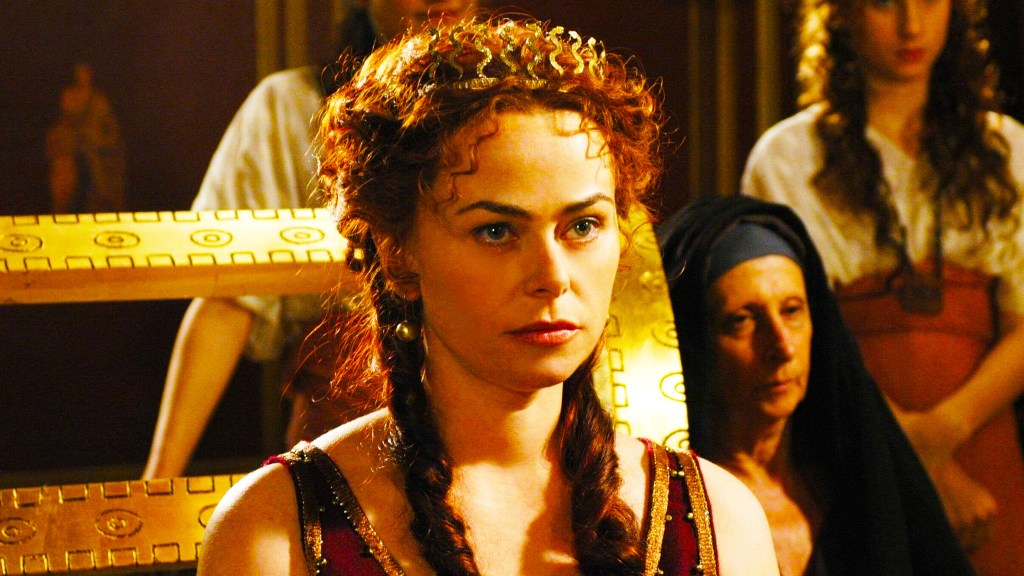
HBO’s two-season drama chronicles the violent and chaotic final years of the Roman Republic as it transitions into an Empire. The story is told from two distinct perspectives, following both the historical figures who drove events, like Julius Caesar (Ciarán Hinds) and Mark Antony (James Purefoy), and two fictional Roman soldiers, Lucius Vorenus (Kevin McKidd) and Titus Pullo (Ray Stevenson). Over the course of the series, the lives of these powerful men and common soldiers become inextricably entangled in the epic power struggles that defined one of the most significant periods in Western history.
Rome presents a raw and unflinching look at a society defined by political corruption, civil war, and immense brutality. By avoiding romanticism, it focuses on the personal ambitions, petty grievances, and complex relationships that fueled one of history’s greatest upheavals. Like the first seasons of Game of Thrones, the series also expertly balances the epic scale of its historical events with intimate drama, showing how the destiny of an empire can be shaped by the flawed decisions of individuals.
5) The Last Kingdom
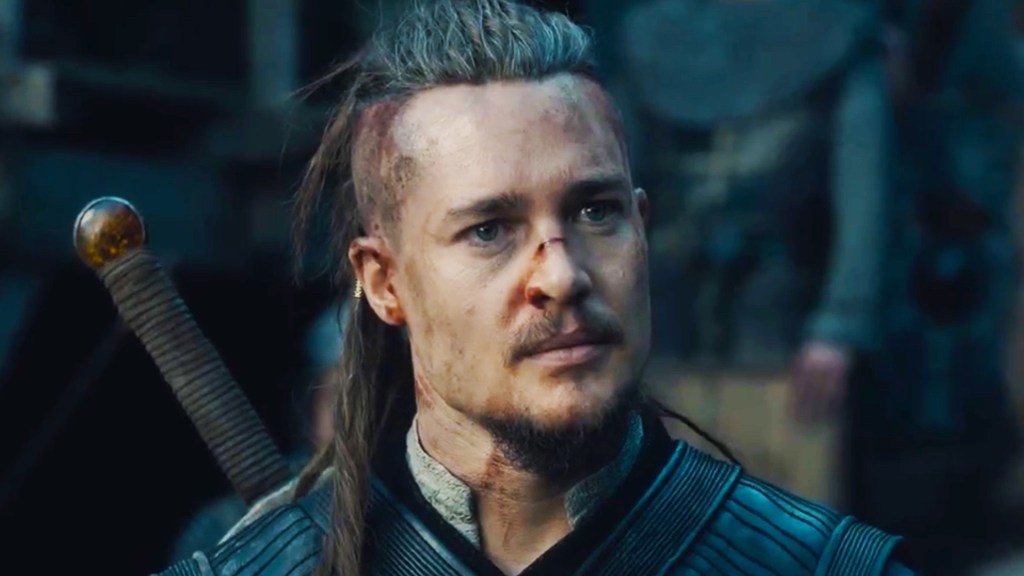
Based on Bernard Cornwell’s novel series The Saxon Stories, The Last Kingdom offers a grounded look at the birth of England in the 9th and 10th centuries. The show follows Uhtred of Bebbanburg (Alexander Dreymon), a man born a Saxon noble but raised by Danish invaders after his family is killed in battle. Consequently, his entire life becomes a constant struggle of identity, caught between the world he was born into and the one that shaped him. This divided loyalty places him in the service of King Alfred the Great (David Dawson), a ruler who has a strategic vision of a united England free from Viking control.
Uhtred’s personal quest to reclaim his ancestral home is constantly intertwined with the violent struggle of nation-building. This forces him to navigate shaky alliances and untrustworthy loyalties between warring kings who are as likely to betray him as they are to reward him. The Last Kingdom thrives on its gritty combat, but it also provides a detailed exploration of the complex political landscape of early medieval Britain. It successfully captures the feel of a world being violently forged, where shield walls clash and warlords scheme for land and power, telling a sprawling story through consistent character-driven conflict.
Which shows do you think recapture the magic of early Game of Thrones? Share your picks in the comments.




